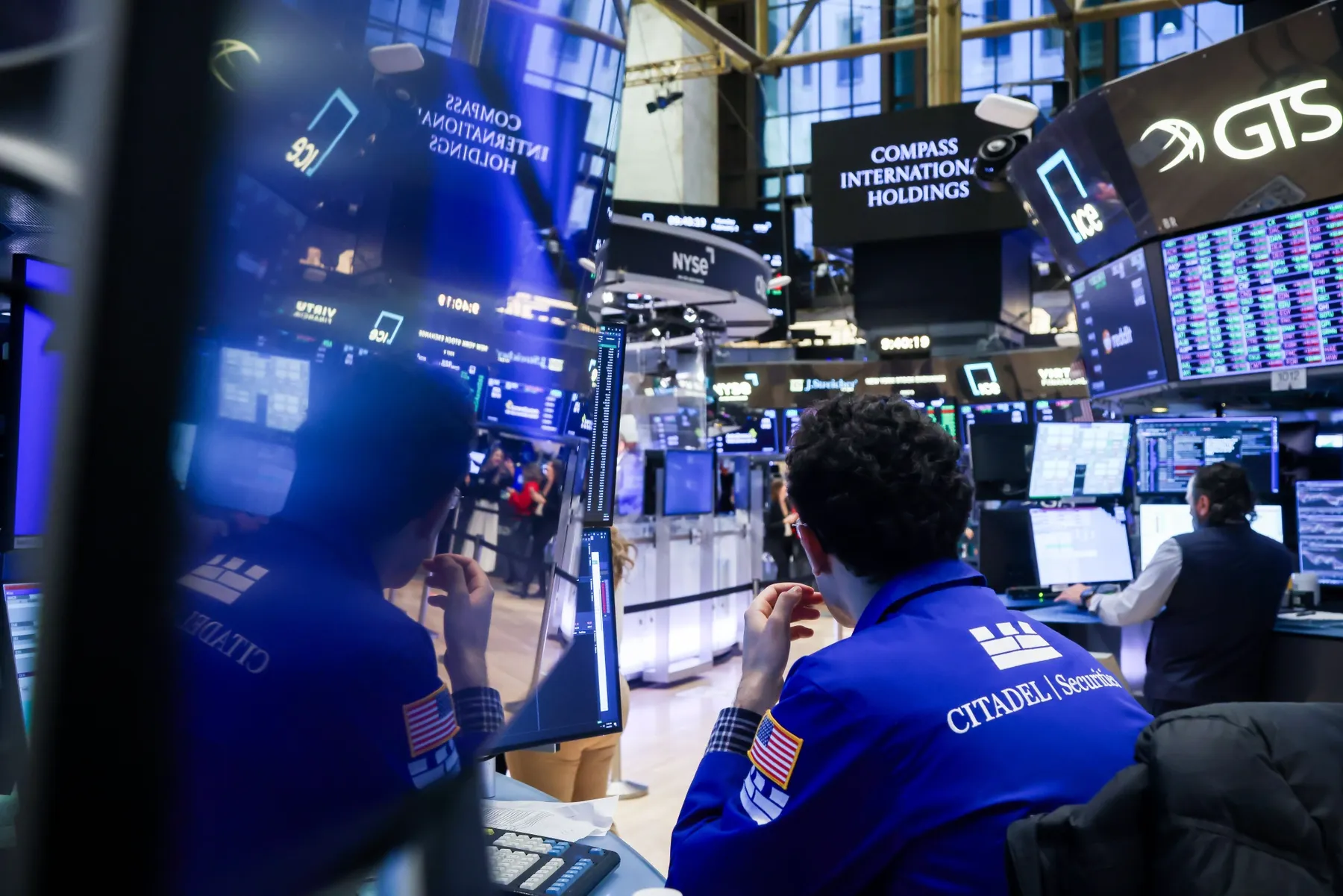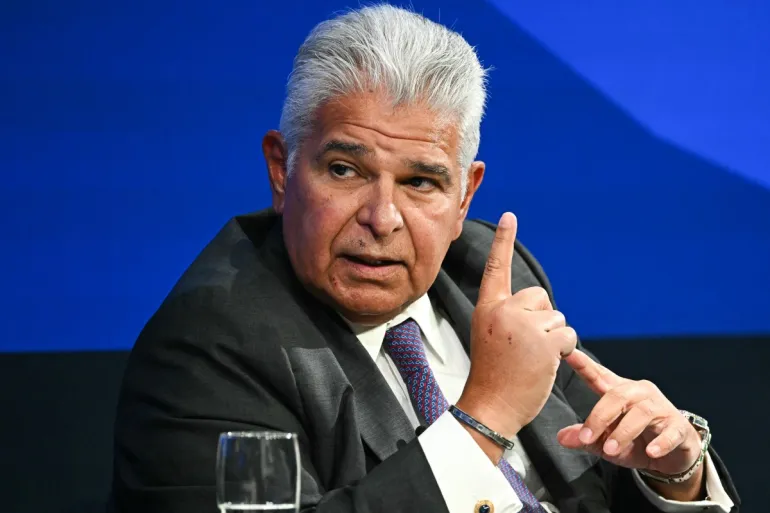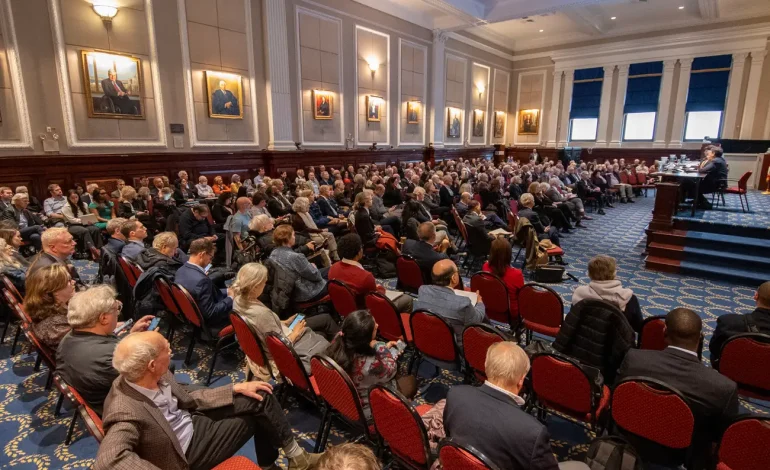In the historic meeting hall of the New York City Bar Association, where portraits of legal luminaries like Ruth Bader Ginsburg and Thurgood Marshall gaze down from velvet-draped walls, more than 350 lawyers gathered last week under a shared sense of urgency.
The event, titled “Defending Justice: Mobilizing the Legal Profession to Stand Up for the Rule of Law,” convened in response to growing concern over President Donald Trump’s recent executive orders and his ongoing criticism of the judiciary.
The legal community assembled not only to voice alarm but to plan action. While large corporate law firms — often referred to as “Big Law” — have been largely absent from visible resistance, smaller firms and solo practitioners are stepping into the void. Panelists and attendees proposed a range of responses, from lawsuits and op-eds to street protests and legal defense for those targeted by controversial federal policies.
“What we are witnessing today is not normal,” warned Muhammad U. Faridi, president of the NYC Bar, during his opening remarks. “And it must not be normalized.”
Much of the concern stemmed from two sources: threats to judicial independence, including comments and actions perceived as undermining judges’ safety and authority, and executive orders targeting major law firms. Some of these firms have been penalized for their diversity and inclusion efforts, with the administration citing claims of racism and national security threats.
While some firms have pushed back legally — with lawsuits resulting in temporary restraining orders — others, including Paul Weiss and Milbank, have entered into settlements with the administration. These settlements reportedly included massive pro bono commitments aligned with government priorities.
Civil rights attorney Ilann Maazel, a panelist at the event, criticized the firms that complied and encouraged attendees to continue resisting.
“There is an inexhaustible need for lawyers right now,” Maazel said. “Our phones are ringing off the hook.”
The night also addressed broader institutional challenges. Lawyers shared fears about retribution, such as being doxxed or losing their jobs. One recalled colleagues wearing masks at protests to avoid professional blowback, while others worried about lacking resources like malpractice insurance or legal research tools post-retirement.
Despite the risks, a clear message emerged: many attorneys — especially those unaffiliated with large corporate firms — are unwilling to remain silent. The panelists, which included judges and nonprofit leaders, evoked historical parallels and emphasized the importance of collective legal action in defending constitutional norms.
The concern about the erosion of the rule of law isn’t isolated to New York. In Wyoming, a bipartisan coalition of over 100 lawyers — including former state Supreme Court justices, attorneys general, and a former governor — penned a letter urging their congressional delegation to defend judicial independence. Their message was met with a sharp rebuke. Senators Cynthia Lummis and John Barrasso, along with Representative Harriet Hageman, dismissed the signatories as “biased” and “liberal,” despite many having previously served across the political spectrum.
Their response, issued shortly after federal courts blocked Trump’s use of wartime powers to detain migrants in El Salvador without due process, sparked further concern. Even some of the administration’s critics in the judiciary, including conservative judges, have condemned the legal rationale behind the detentions.
As Maazel pointed out at the Bar meeting, hope still flickers. Grassroots resistance is forming across the country, from university lawsuits to rural town halls where voters have challenged deportations lacking judicial review.
While Big Law may be cautious in its response, smaller firms, retired attorneys, and nonprofit legal advocates are becoming the vanguard of resistance. Their message is clear: the law must remain a shield for all — not a weapon wielded by the few.
“Lawyers do not serve the executive — they serve the law,” Faridi concluded.
That sentiment, echoed throughout the night, may become the guiding principle for a new era of legal activism.
With input from WyoFile and Business Insider.










The latest news in your social feeds
Subscribe to our social media platforms to stay tuned